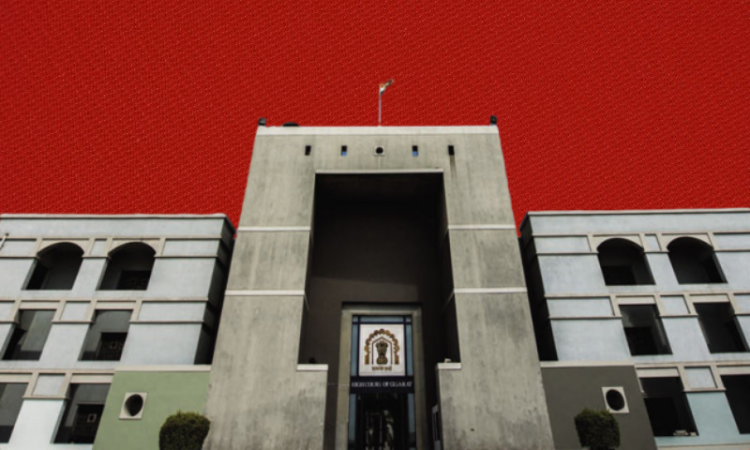Mere E-Way Bill Expiry Does Not Establishes Intention To Evade Taxes: Gujarat High Court
Mariya Paliwala
7 Dec 2022 4:00 PM IST

Next Story
7 Dec 2022 4:00 PM IST
The Gujarat High Court has held that mere e-way bill expiry does not establish an intention to evade taxes.The division bench of Justice Sonia Gokani and Justice Mauna M. Bhatt has observed that the detention was on the ground that the goods were subject to the expiration of the e-way bill number, which had expired during the transit, and this cannot be the ground for detaining and seizing...
